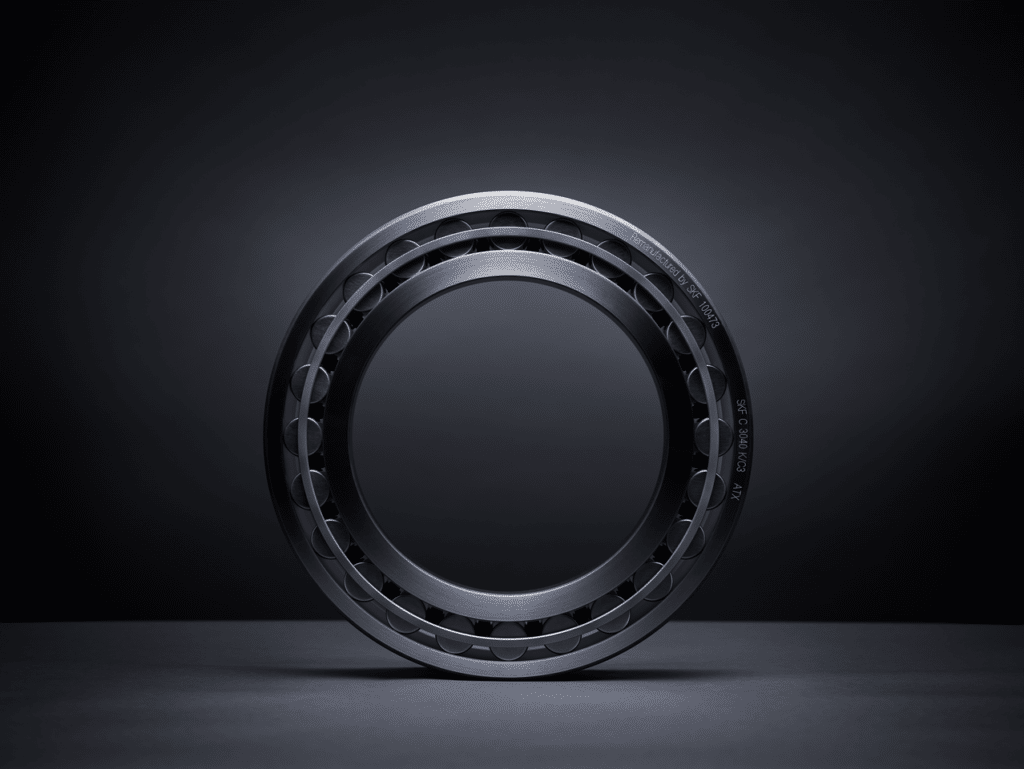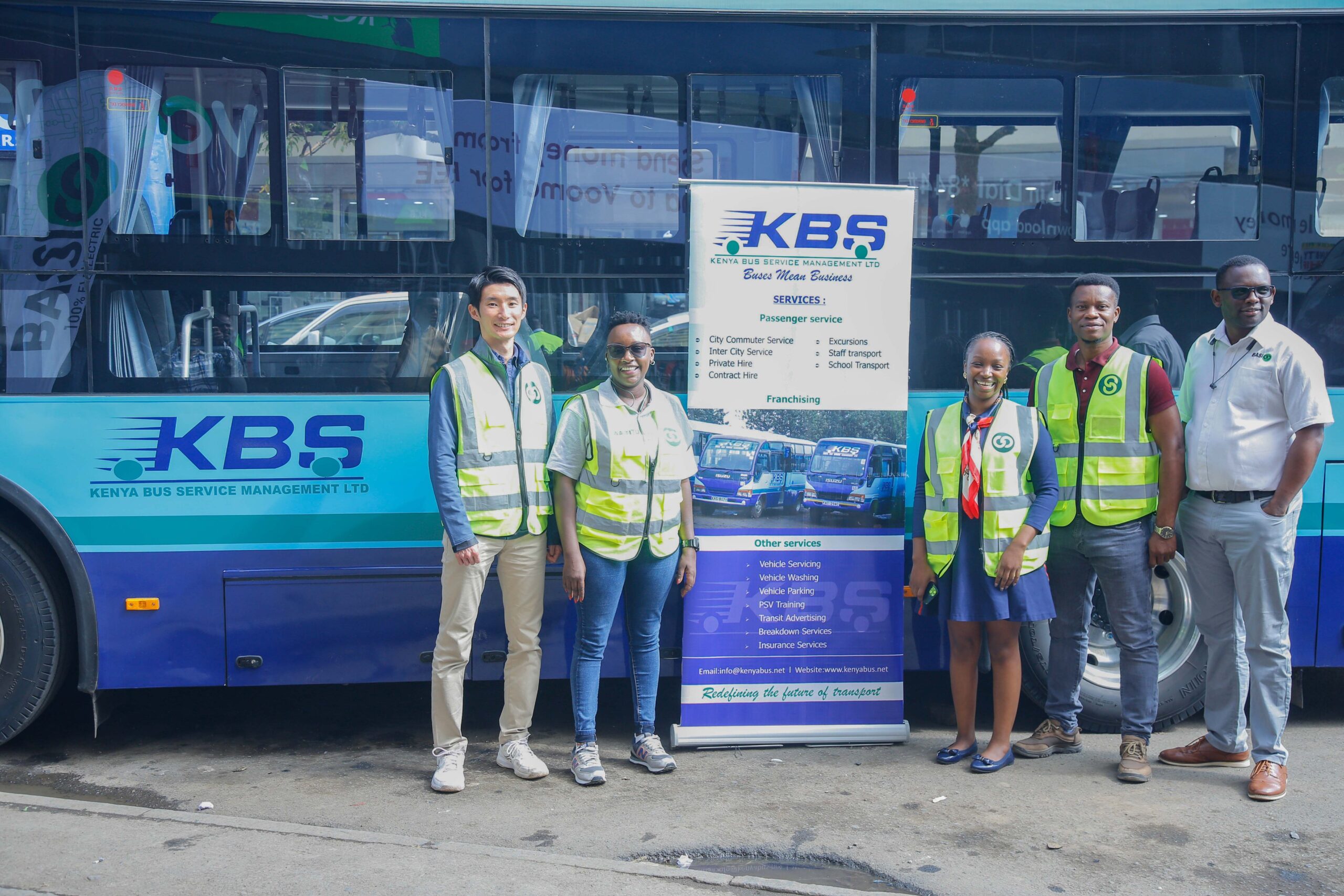As the world recovers from record inflation and unreliable supply chains, it pays to invest in solutions that cut costs without compromising on productivity.
Fortunately for heavy industrial plants everywhere, bearing manufacturer SKF promises these benefits and more, thanks to its remanufacturing service. The proof of its success lies in more than 20 dedicated service centres and 17,000 distributors which make remanufacturing an even greater time-saver.
By opting for remanufactured bearings which avoid the need for new steel production, mining companies stand to benefit from improved cost efficiency and environmental outcomes.
SKF head of engineering services, Pieter Blackie, said the service was inspired by a drive for greater sustainability.
“One of our strengths is the ability to keep developing new solutions that generate more value for our customers,” he said.
Such a competitive advantage can be reaped by manufacturers, miners, and maintenance organisations alike, which have all been plagued by extended lead times and a recent inflation in the cost of parts.
Despite the Reserve Bank of Australia teasing interest rate cuts thanks to slowing inflation in 2024, businesses are still reeling from consecutive years of tight budgets and labour shortages.
However, according to Blackie, remanufacturing “makes everyone a winner”.
“It offers the potential for longer lifecycles per part and helps you to increase machine uptime in the event there is no stock available. It also supports you to lower operational expenses and emissions.”

Australia’s largest mining operations are fitted with thousands of individual bearings on almost every piece of equipment. This makes those bearings a vital part of the entire multi-million-dollar operation.
Remanufacturing avoids the resource-intensive process of producing new steel from raw materials. This offers significant cost savings for SKF and its customers, while reducing lead times, and creating a more environmentally friendly operation.
As remanufactured bearings are returned in as-new condition, operations will notice no difference in performance compared to new parts. Understanding the rigorous standards of the Australian mining industry, SKF validates and certifies each remanufactured bearing before redeploying it to the customer’s site, ensuring it upholds OEM standards.
Additionally, the ability to remanufacture bearings two to three times further extends their lifespan. This translates to a further reduction in long-term maintenance costs, as remanufactured bearings consistently prove their durability in the demanding mining environment.
It is important to note, however, that remanufacturing should not be left too late. The bearing should be remanufactured at the right time to give it the longest and most effective lifespan. This will also lessen the risk of malfunction and downtime. If a bearing is left to degrade for too long, it will be beyond repair and a new part will be required.
This makes predictive maintenance and condition monitoring technology especially important to manage risk and alert operators to potential faults.
SKF segment manager for mining and mineral processing, Rod Allen, said the cost of ignoring these solutions can be too much to bear for many companies.
“Large coal mines, gold mines or metal-producing companies could run into the millions of dollars of downtime per day (if a bearing fails), depending on what part of the plant is affected. And it’s not only the damage to the bearing itself, but also to the assets,” he said.
“If we pick up a potential bearing issue early enough with condition monitoring, we’re able to salvage that bearing prior to a catastrophic failure and return that product as a remanufactured unit back to the customer in a short space of time.”
Remanufacturing also has significant benefits for the environment, as the sheer volume of raw materials is greatly reduced. This is a value that’s highly important to SKF, as the company aims to decarbonise its own operations by 2030.
In fact, this target is already off to a strong start, according to SKF principal application engineer, Dario Rodriguez.
“We have several initiatives and programs in our factories looking to improve our processes to reduce energy consumption and have even celebrated the milestones of having several factories energy-neutral,” he said.
“That means several of our factories are operating solely on green energy supplied by solar and wind for all their production requirements.”
To decarbonise its operations, SKF is investing in renewable energy, green steel, controlled logistics, and product optimisation.
These initiatives, combined with its remanufacturing service, should have SKF well on the way to achieving its environmental KPIs, along with those of its loyal customers.
Subscribe to Australian Mining and receive the latest news on product announcements, industry developments, commodities and more.




